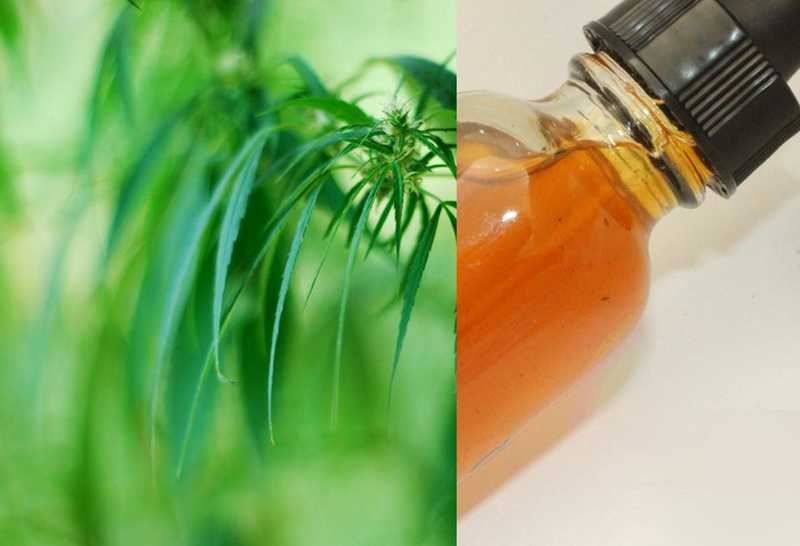DEA Creates a New Regulatory Code
The DEA just released a three page report outlining the newest controlled substances code created for “marihuana extracts”, even using outdated spelling from the Reefer Madness era. This code regulates extracts, whether made from marijuana or hemp, separately then traditional cannabis plants and products. The code allows for cannabis extracts to be tracked and recorded separately than cannabis flowers, but technically does not change anything about the way they are represented or regulated. Marijuana extracts are still viewed as a Schedule I substance by the DEA, no matter if the extract is made from hemp or cannabis. This is a big deal as hemp based products, such as CBD extracts, are regularly sold across state lines on platforms such as Amazon.com.
There is a lot of confusion in relation to the recent report because many people do not understand if the regulation of extracts has been changed with the new code. This process of giving extracts a unique code, however, was first initiated in 2011. According to Russ Baer, a DEA spokesman, this recent move by the DEA is mostly administrative, allowing them to have a better handle on what is going on. It does not reflect any changes in DEA policy or how cannabis will be regulated going forward. Much of the confusion surrounding this recent news has come in anticipation of how the industry may change with the incoming Trump administration in January. The DEA completely denies any connection to the administration change and says it is simply assigning the new code to a particular category of cannabis products.
RELATED: OPEN LETTER TO JEFF SESSIONS
CBD Hemp Extracts
CBD cannabis extracts have always been a grey area in the cannabis world because some are derived form hemp rather than marijuana. Hemp based CBD products are technically covered under this code, meaning that hemp CBD products fall under the category of a Schedule I substance. The DEA did make it clear, however, that this does not really change anything with how they plan on regulating cannabis extracts in states that have internally legalized marijuana, medically or recreationally.
The DEA claims it is working towards better understanding of the cannabis industry and how cannabinoids from marijuana could possibly have medicinal benefits. Baer, the DEA spokesman even said, “(The rule change) recognizes that there is a potential medical benefit to some of the cannabinoids.” Though the DEA has put a positive spin on the issue, the marijuana industry as whole is still very skeptical of the move. Some worry it is a power move by the DEA as they attempt to control and regulate all cannabinoids, rather than just marijuana products. The new requirements on cannabis extracts does have the ability to criminalize certain people, like those transporting completely non-psychoactive CBD products.
DEA to Focus more on Opioids?
The DEA has reiterated, however, that it is focusing its efforts on major problems like the opioid epidemic, rather than targeting people based on small marijuana infractions. When the DEA chose to maintain marijuana’s status as a Schedule I substance, Baer made it clear that innocent cannabis use was not their first priority, “The nation is in the throes of an opioid epidemic, and it is there — not cracking down on offenses such as a mother transporting CBD oil for her daughter across state lines to Nebraska — where the DEA needs to allocate its resources”.
As of January 13 of 2017 all extracts with cannabinoids present will be tracked by the new code of 7350 and will not be allowed to cross state lines. There have also been indications that there will be a new licensure for people who produce and handle marijuana extracts, since it is now seen as a separate substance than cannabis, but that remains to be seen. As of now, the DEA maintains that there has been no changes to their policy other than an administrative clarification that allows for easier internal tracking of cannabis extracts within the country.
If you are new to cannabis and want to learn more, take a look at our Cannabis 101 post. HelloMD can help you get your medical marijuana recommendation; it's 100% online, private and efficient.
